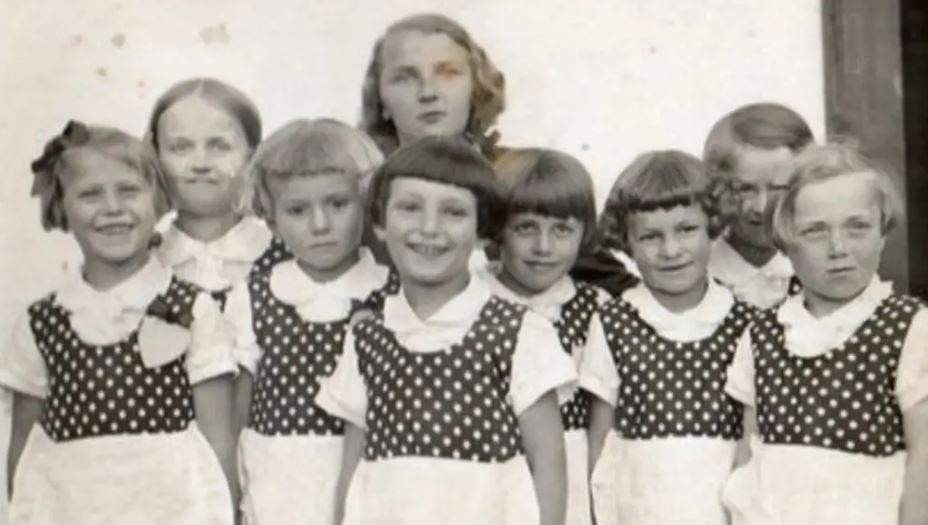When Mira Unreich was interviewed for Steven Spielberg’s Shoah Foundation, she recalled the kindness that helped her survive the Holocaust.
I don’t remember when I was first told about the Holocaust, or that my mother, Mira, was a survivor. There was always the fact that I never knew any of my grandparents – they, together with two aunts and an uncle had been killed by Nazis. There was my mother’s tattoo on her arm: dirty blue, smudged-looking. She neither hated it nor hid it. She just lived with it.
It wasn’t until I moved to Los Angeles in my 20s and stumbled upon a support group for the first generation of children born to Holocaust survivors that I realised how unusual my mother was. There, everyone exchanged notes. Did my mother hoard food? No. Did she refuse to talk about her wartime experiences, or talk about them incessantly? No, she recounted details, when asked, in a matter-of-fact way. Was she depressed, anxious, fearful? No. After the war, my mother had moved to France, then Australia. She was social, energetic and unnaturally optimistic. She had a particularly joyful way of viewing the world that was hard to make sense of, given her experiences.
Read the article by Rachel Unreich in The Sydney Morning Herald.

